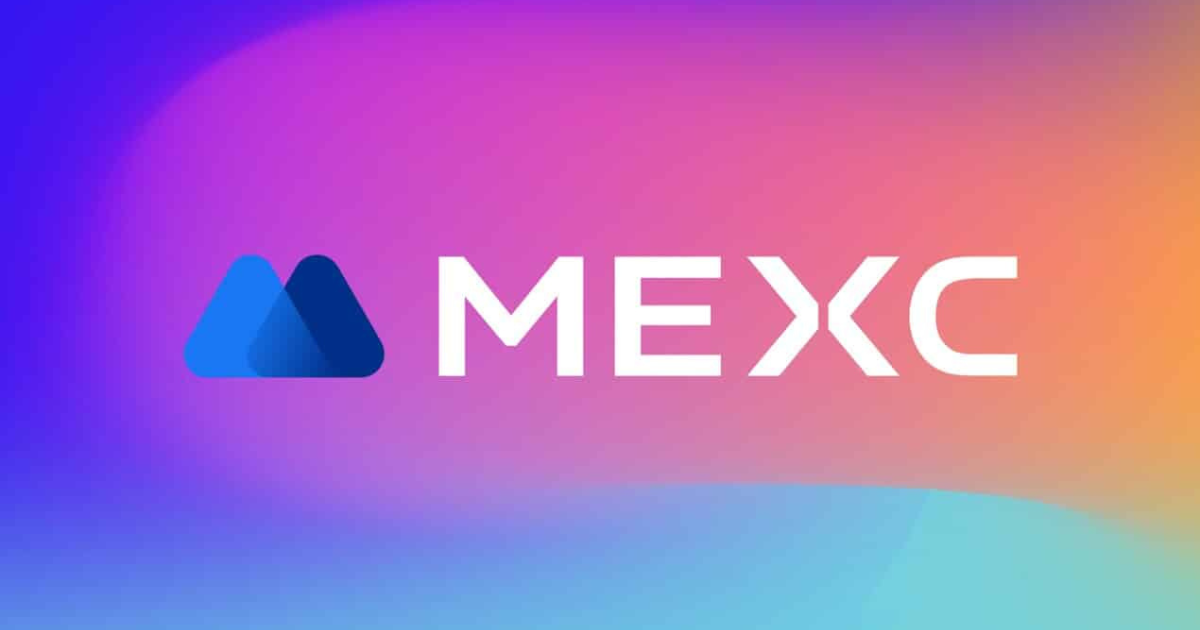However, South Korea has been toughening up on these unregistered cryptocurrency exchanges that are running within its borders, resulting in banned crypto apps. One such example that has come up recently is when the Financial Services Commission (FSC) recently banned crypto apps from the Apple App Store. It is a version of the country’s increasingly aggressive moves on crypto regulation, which began just weeks ago, when it imposed similar restrictions on Google Play.
Key-Takeaways:
- There are 14 banned crypto apps listed on the Apple App Store and 17 on Google Play, which were blocked by South Korea due to the platforms’ failure to register.
- The penalties for unregistered crypto businesses in South Korea are severe, up to five years in prison and a 50 million won fine.
- The ban on both major app platforms also affected the exchanges like KuCoin and MEXC.
- The adoption of crypto exchanges is very high among South Korea’s population, which is more than 30%.
Recent App Store Blocks
 South Korean authorities announced that they 14 banned crypto apps from being installed via the Apple App Store on April 11. During the regulatory action, KuCoin and MEXC were among the affected platforms. The apps are unavailable for download in South Korea, and users who already installed them cannot update the applications. This was spawned by the Financial Information Analysis Institution (FIU), which headed the initiative to avoid potential money laundering and protect the users from using unregulated services.
South Korean authorities announced that they 14 banned crypto apps from being installed via the Apple App Store on April 11. During the regulatory action, KuCoin and MEXC were among the affected platforms. The apps are unavailable for download in South Korea, and users who already installed them cannot update the applications. This was spawned by the Financial Information Analysis Institution (FIU), which headed the initiative to avoid potential money laundering and protect the users from using unregulated services.
Previously Banned Exchanges on Google Play
 It is a similar move to one in March when 17 unregistered exchanges were dropped from the Google Play Store. A list of 22 non-complying platforms that were operating in the country had been published by the FSC. They were promptly removed from Google’s marketplace. The dual-platform approach effectively cuts off most usage of these exchanges by South Korean users.
It is a similar move to one in March when 17 unregistered exchanges were dropped from the Google Play Store. A list of 22 non-complying platforms that were operating in the country had been published by the FSC. They were promptly removed from Google’s marketplace. The dual-platform approach effectively cuts off most usage of these exchanges by South Korean users.
Why These Exchanges Were Banned
 The reason behind these bans is that the exchanges were not registered with the local regulators. It is mandatory for all operators in South Korea of the cryptocurrency sales, brokerage, management, and storage services to register with the FIU. Doing business in the crypto space without registering can have a very serious price. They could go to jail for up to five years and be fined up to 50 million won (approximately $35,200).
The reason behind these bans is that the exchanges were not registered with the local regulators. It is mandatory for all operators in South Korea of the cryptocurrency sales, brokerage, management, and storage services to register with the FIU. Doing business in the crypto space without registering can have a very serious price. They could go to jail for up to five years and be fined up to 50 million won (approximately $35,200).
Complete List of Affected Platforms
 However, the complete list of the 14 banned Apple App Store exchanges has not been disclosed, as reported in the news.
However, the complete list of the 14 banned Apple App Store exchanges has not been disclosed, as reported in the news.
- MEXC and KuCoin were banned by the two Apple and Google platforms
- On Google Play, a total of 17 exchanges were blocked.
- In the country, the FSC has identified 22 unregistered platforms.
This list could grow as they only seem to monitor and identify noncompliant exchanges, and the regulators remain vigilant in identifying noncompliant exchanges.
Such bans come at a time when a lot of cryptocurrency adoption is taking place in South Korea. Recent statistics show that over 16 million people in South Korea use crypto exchanges, about 30% of the South Korean population. Experts in the industry believe this number can go up to 20 million by the end of 2025. More than 20% of public officials have cryptocurrencies with a combined value nearing $9.8 million.
South Korea’s efforts to clamp down on crypto activity are being demonstrated through the coordinated blocks on both of its major app platforms. However, FIU said it would continue to encourage blocking of apps and websites from non-registered operators. Cryptocurrency is approaching a ‘saturation point’ in South Korea and this is what some officials call an ‘approach.’
Conclusion: Banned Crypto Apps
The more cryptocurrency adoption grows in South Korea, the stricter the enforcement of current regulation will be. In wrapping its arms around crypto but simultaneously seeking to exert a grip on its use from officially registered and supervised environments, it seems the government is hell-bent on keeping its citizens safe without needing to close their minds to the revolutionary qualities at work.











